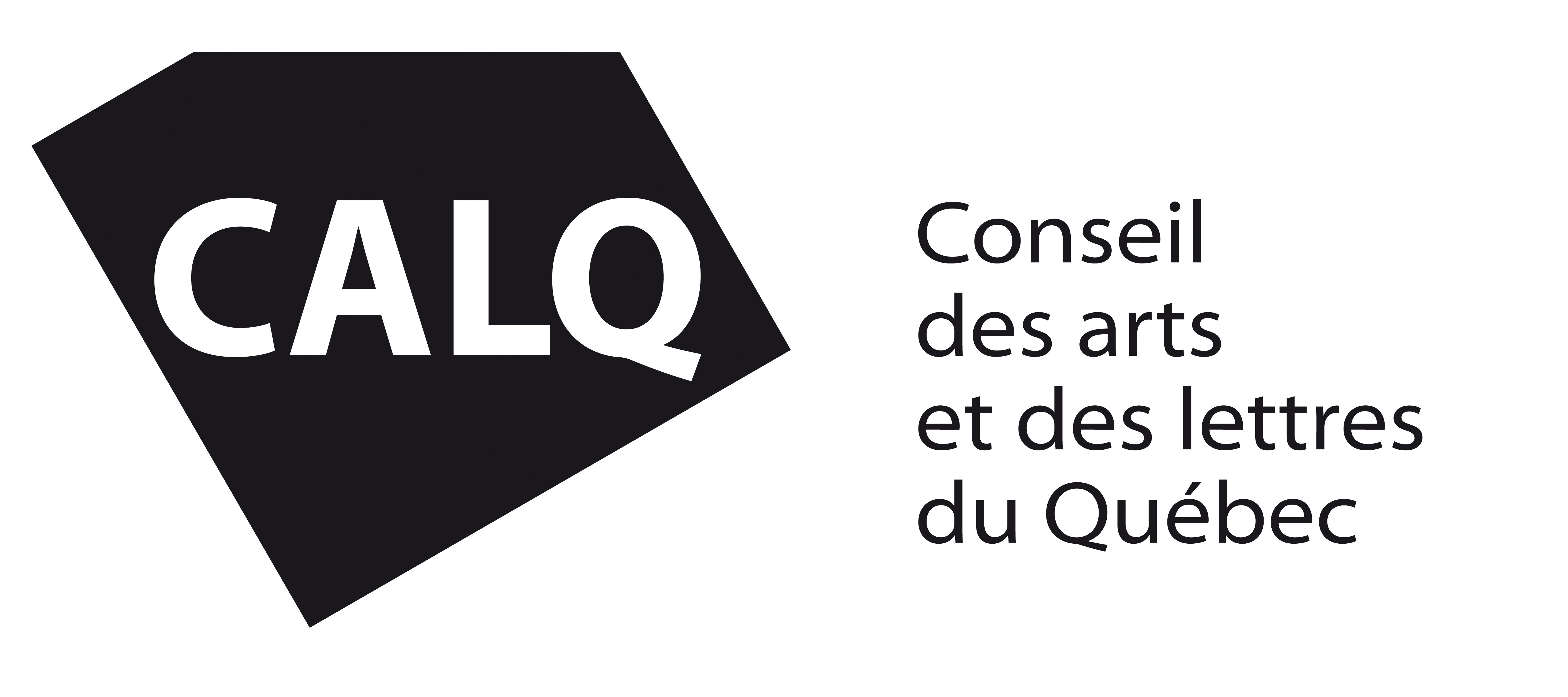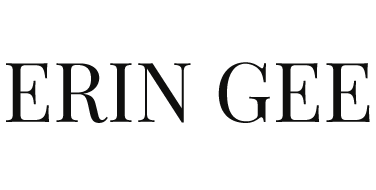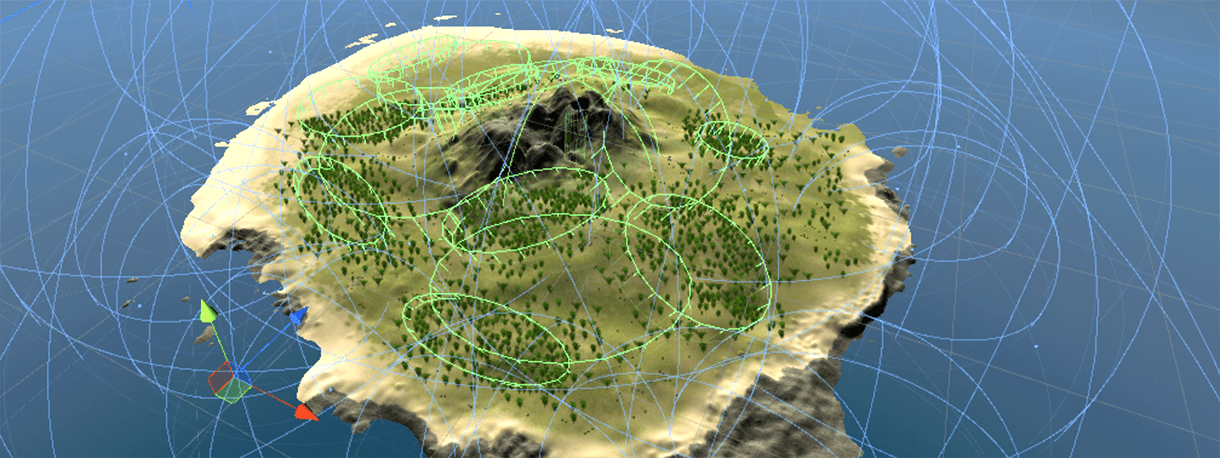Locus Sonus Residency France
I will be developing a new work for VR in the context of a residency at Locus Sonus in Aix-en-Provence starting February 2018 until May 2018. During these three months I will push the potential of sonified biodata into increasingly posthumanist/non-anthropomorphic territories using virtual architectures as sensorial training ground, as inspired by materialist philosophers such as Jane Bennett and post-humanist Rosi Braidotti.
I thank the Conseil des arts et des lettres du Québec for its financial support of this project.


About Locus Sonus
Locus Sonus is a research group attached to ESAAix (École supérieure d’art d’Aix-en-Provence) and the French Ministry for Culture, integrated with PRISM (Perception, Representations, Image, Sound, Music) an interdisciplinary research unit that groups researchers from AMU (Aix Marseille University), CNRS (National Center for Scientific Research) as well as ESAAix.
Locus Sonus’ main aim is to explore the continuously evolving relationship between sound, place and usage in an Art/Science tradition. The research methodology includes experimentation with emerging audio technologies particularly those relating to sound transmission, mobilization or spatialisation as well as historical contextualisation of such practices. Locus Sonus accommodates practice-based PhD students enrolled at Aix-Marseille University (« Pratiques et théorie de la création artistique et littéraire » E.D 354).
Locus Sonus’ main field of investigation is entitled New Auditoriums, to be understood here as the different ways in which audiences collectively share a listening experience. Beyond physical spaces such as concert halls or open-air stages, we attribute this description to all systems that enable a shared audio experience. Examples include radio, audio streaming or virtual worlds. We consider that each system has particular (audio and social) qualities that call for artistic enquiry and experimentation, these may in turn lead to different types of artistic practice.
Locus Sonus’ current research focuses on audio in virtual environments (for example New Atlantis) and the transmission and perception of remote soundscapes (for example : Locustream).
About the project
In this project I propose virtual space and spoken word as a means of creating a “speculative” materialism that promotes empathy to (virtual) objects by allowing the viewer to objectify and analyze their own (biodata), making material of the human body itself. I’m interested in exploring the limits of virtual physicality and phenomenological experience through imaginative sonic narrative as well as virtual space, making use of simple 3D objects and architectures dramatically lit, referenced imaginatively through the five senses by the unseen narrative voice in order to maintain the focus on sound: the disconnect between virtual material and sonic suggestion forms a useful perceptual noise (for example, the voice writes on a notepad that is never seen, the sounds of a lab or examination room can fade in and out, lab is never seen). During this residency I would record the spoken word sections inspired by roleplay, personal attention and spoken narrative vocalizations typical to the genre of Autonomous Sensory Meridian Response (ASMR), a style of sound composition developed largely on the internet that focuses on high frequency noises to create intense feelings of relaxation accompanied by “tingles” felt on the skin. ASMR enthusiasts focus intensely on the physiological reaction of the listener to sound, and so I want to use this voice as a means of loosely describing material agencies of virtual objects as imperative to the expansion of human sensorium. The link between physiological and phenomenological experience and confirmed biofeedback pushes the physical potential of VR into new sonic territories that focus on embodied experience through perceptions of external as well as internal spaces.
Other Residents
I am excited to be working alongside the other residents at Locus Sonus, and learning more about their projects and practices.
raadio caargo (Christophe Aslanian et Aurélia Nardini) – Bourges, FR
Mitchell Herrmann (USA)


